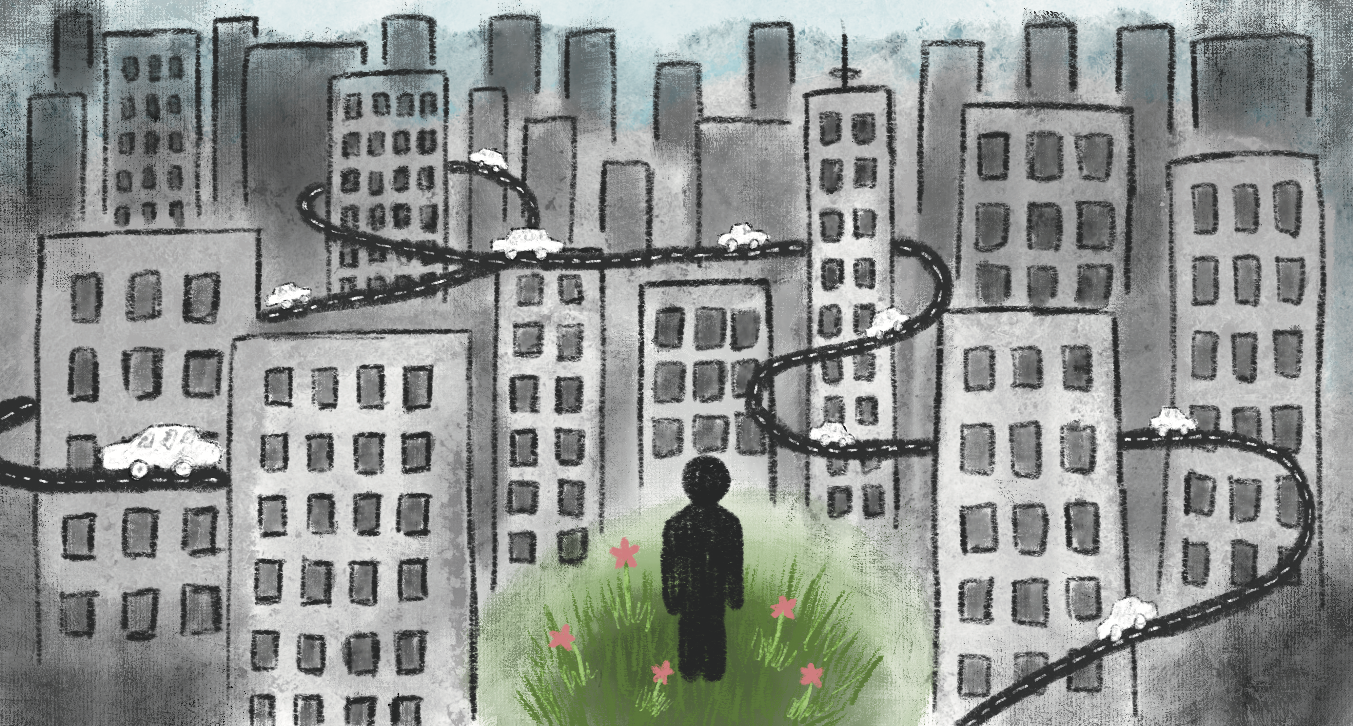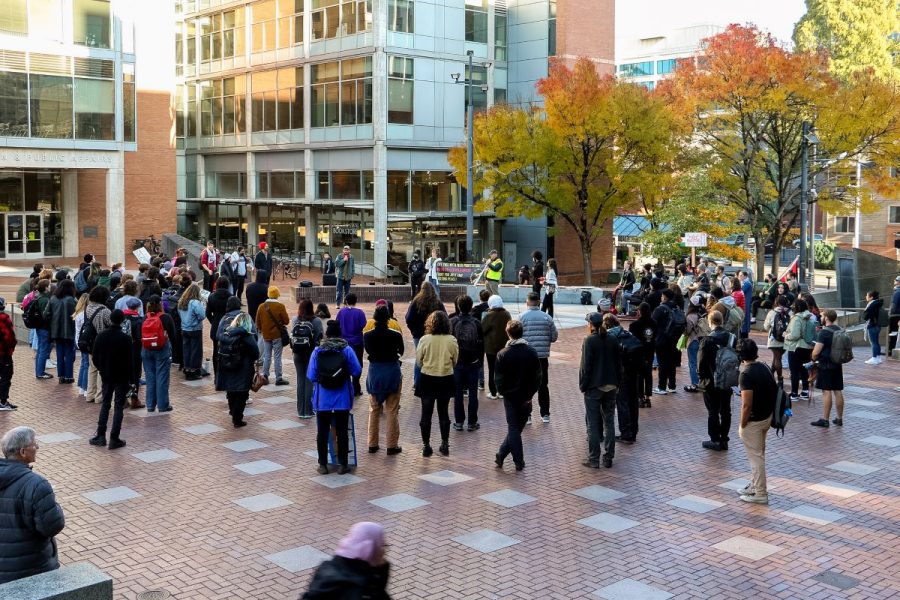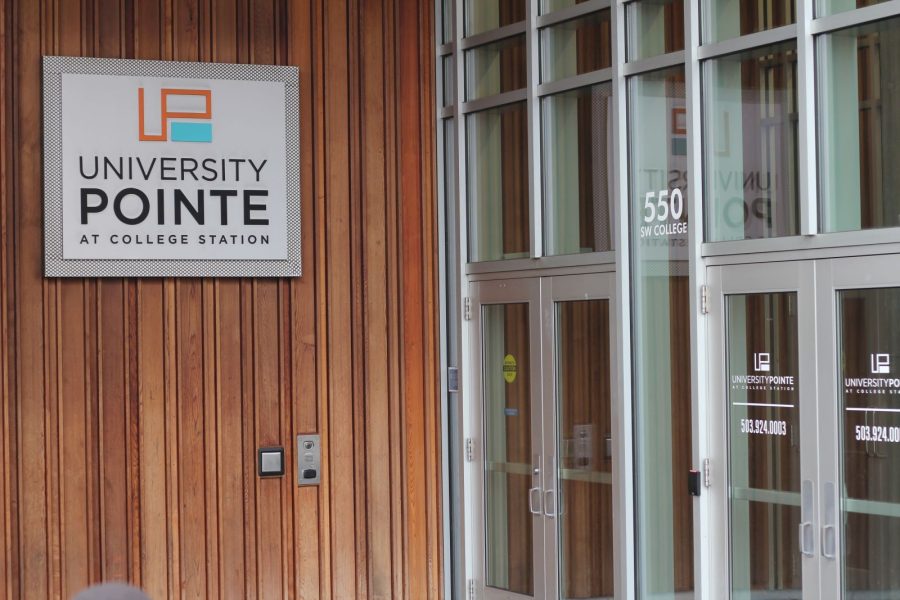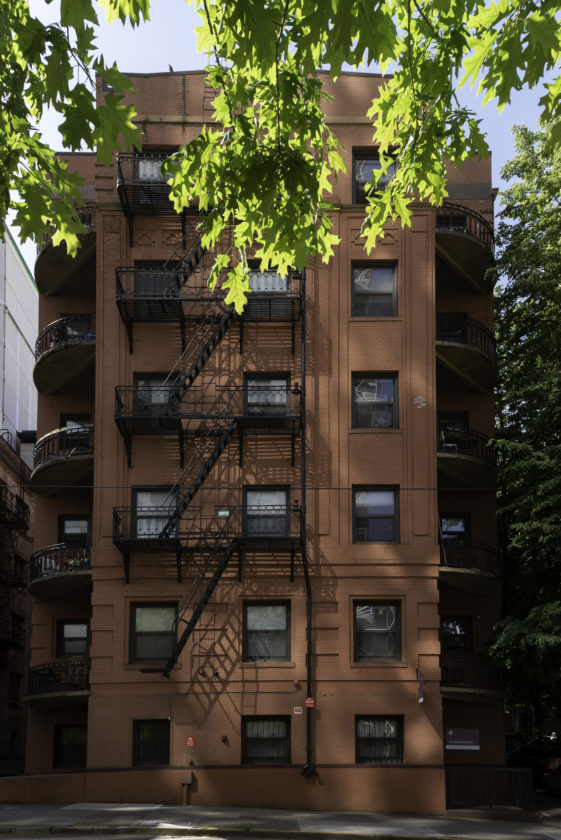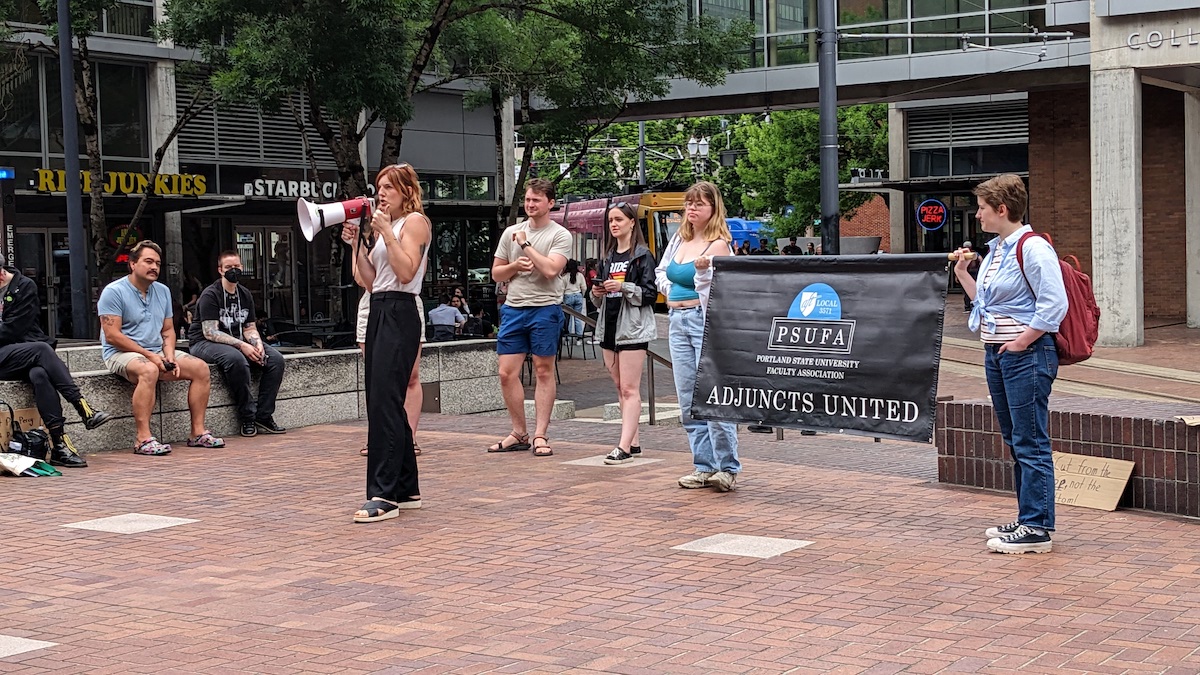Surrounded by nature in Portland, it is crucial to pause and reflect on an often-overlooked phenomenon which affects our natural surroundings and our perception of them. What we consider normal today might vastly differ from what our ancestors deemed healthy. Welcome to the intriguing world of shifting baseline syndrome (SBS).
Coined by marine biologist Daniel Pauly in 1995, SBS leads to a gradual shift in what we accept as normal for our natural environment, fueled by a lack of experience, memory or knowledge of past conditions. SBS is not just an environmental term but a psychological puzzle that is a result of environmental generational amnesia.
Dr. Eleanor Jane Milner-Gulland is a professor of biodiversity in the Department of Biology at the University of Oxford and director of the Interdisciplinary Centre for Conservation Science. Milner-Gulland and her coworkers have studied two different types of ways knowledge about the ecology of an area is lost—generational amnesia and personal amnesia.
Generational amnesia about the environment occurs when one generation fails to pass down ecological information to the next. For example, Milner-Gulland says that what people consider pristine forests worsens with each new generation. The idea of amnesia emphasizes losing knowledge without being aware of it, which is a key part of understanding the phenomenon of shifting baselines.
This theory emerged when scientists explored urban children’s perceptions of nature. Daniel Pauly’s coinage of the term marked a turning point, highlighting the pervasive issue of humans inaccurately perceiving nature due to shifting baselines.
SBS has significant effects because it changes how well we measure how the world is changing. Given that we don’t remember or have experience with how the environment was in the past, we tend to judge the health of our surroundings based on our own normal standard without taking historical benchmarks into account.
“The problem comes in where the syndrome limits people’s ambition in terms of restoration aims, as our baselines for ‘good’ are also removed from what we are realistically able to get back to,” stated Dr. Ben Siggery, a research and monitoring manager at Surrey Wildlife Trust in the United Kingdom. “So the true answer sits somewhere in the middle of the ideal and the perceived.”
SBS is supported by environmental scientists and conservationists. While solid evidence supporting its existence is difficult to collect given the need to collect mass amounts of data from different generations who can speak to different environments in the past, tales from across the globe tell a story that supports SBS.
In Eastern Indonesia, where biodiversity loss paints an unsettling picture, younger fishers remember fewer animals in the past. So, they unknowingly underestimate the extent of the ecological damage compared to their older counterparts.
Similarly, in Bolivia’s Amazonia, younger generations believe fewer locally extinct tree and fish species exist than older generations recognize. This shows a gap in how well younger generations understand the past richness of their environment.
The concept of SBS has proven invaluable for conservationists in understanding how local expectations for environmental health deteriorate over time. By balancing contemporary perceptions with various forms of evidence, researchers can more accurately assess historical ecosystem decline.
A common reference point researchers like Siggery used to understand SBS was the number of insects splattered on car windshields. Kent Wildlife Trust and Buglife have run a Splatometer study since 2004 and recorded a 59% decrease in “insects splattered” on people’s vehicles nationally across the UK.
“I know that when people talk about the ‘hundreds of butterflies’ that would flock to their gardens, I can’t relate to [it] and feel a strange sense of having missed out,” Siggery stated.
SBS creates a complicated story of perception and forgetfulness in the real world. As we deal with environmental problems, it’s important to understand what SBS means for us to find a sustainable way forward. The key to outreach for younger generations is helping them understand the scale of what was lost to establish the generational knowledge of our ecology and reconnect with our planet.
Moreover, we can better understand how our actions affect the ecology of our world if we understand how the small changes build up over time and slowly impact our definition of normal and, thus, the overall health of our planet.
It’s crucial to acknowledge that our understanding of a healthy environment might be a product of our generational amnesia. SBS is not just a scientific term, it is a call to action to reassess what we consider normal.

